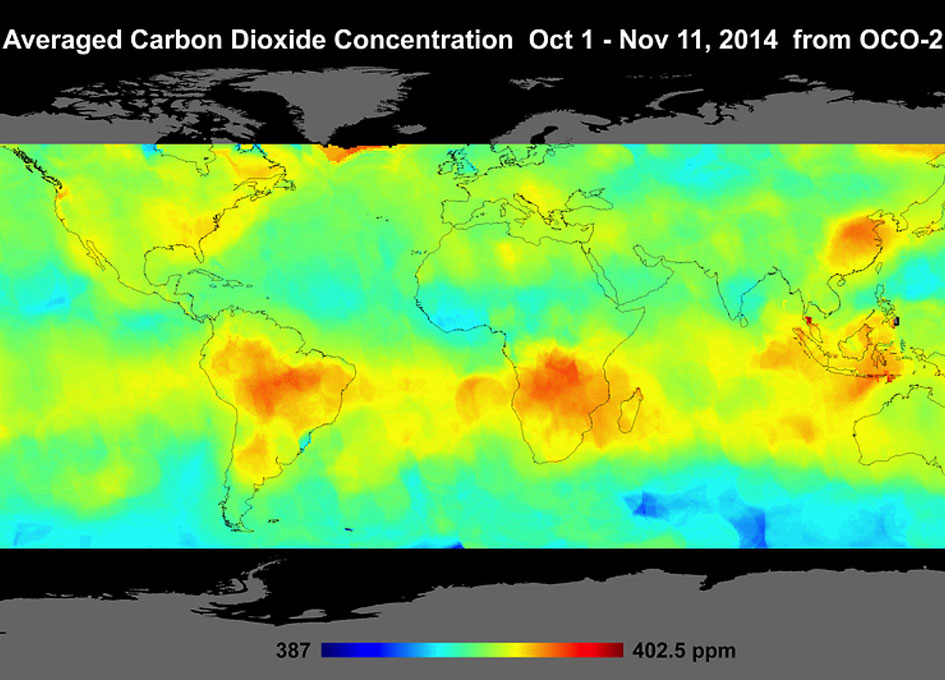hat tip to asterism

Oct 1- Nov 11
not even close. (edit- go to 2:34 for Nov 1)
it is also interesting that CO2 hotspots seem to be present in tectonically active areas. NASA 8217 s new Orbiting Carbon Observatory shows potential tectonically-induced CO2 input from the ocean Watts Up With That

Oct 1- Nov 11
not even close. (edit- go to 2:34 for Nov 1)
it is also interesting that CO2 hotspots seem to be present in tectonically active areas. NASA 8217 s new Orbiting Carbon Observatory shows potential tectonically-induced CO2 input from the ocean Watts Up With That
